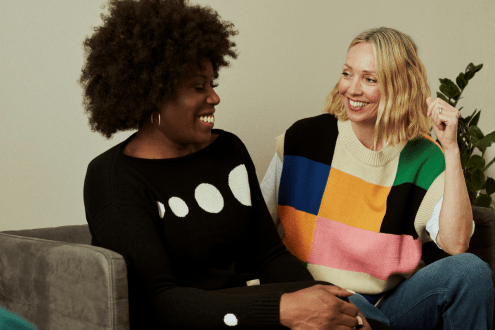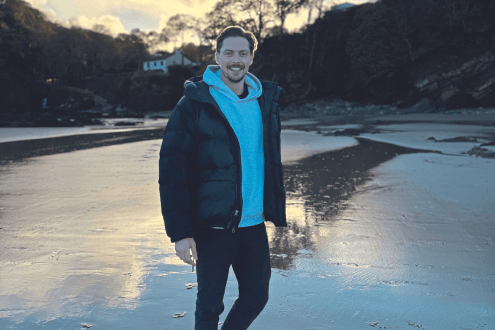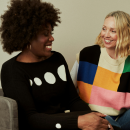I think I may be autistic
Our agony aunt, Mary Fenwick, offers a new perspective on whatever is troubling you

Q. I am an introvert and prone to sensory overload. I’ve an issue with noise and suffer in crowds and with fluorescent lighting. I work part-time, as full-time work is too draining for me. I have friends, but I see them on a one-to-one basis for walks, as I find small talk difficult and struggle with social events.
Recently, I did an online test for autism and was shocked to find that I was high on the scale. This had never occurred to me before because I am intuitive and pride myself on having psychological insight. Should I explore this result further? I also ask because my twin daughters are showing the same traits. If there is a ‘label’ for us, is there any benefit to finding out – especially for my quirky teenagers? Name supplied
A. How about we think of this as a lens, not as a label? Or perhaps a path, which could lead to ways of making your life easier? The latest statistical thinking is that just over one in 100 people will be on the autism spectrum, and women may be better at social adaptation, so are commonly diagnosed later in life.
The website for the National Autistic Society has a section about diagnosis as an adult, including first-person stories. You may prefer to read and think more before you talk to anyone, but they do have a helpline, and you are not committing yourself to anything by talking to them.
All of the above is not to say that your first result means anything at all. I say this to clients before we embark on any psychometrics: no online test can tell you more about yourself than you already know so, if the test feels wrong, then it’s your own sense of yourself which is trumps. That’s one of the differences between these tests and a medical diagnosis. The question about whether it’s worth getting a formal diagnosis is openly discussed on one Twitter thread, and the consensus seems to be in favour of getting a professional opinion.
A typical comment from posters is: ‘For the first time in 47 years, I am able to forgive myself for what I can’t do and embrace my strengths.’
This appeals to me because I am all about the strengths. Self-knowledge is an amazing toolkit for confidence, and one of the skills is an ability to be realistic about how you compare to others. I completely agree that it’s important to ask yourself what you would do with that information should you pursue it. One answer could be that, whether or not you place yourself on the autistic spectrum, you’ll be better equipped to support your ‘quirky teenagers’, and encourage them to embrace all of their own traits without shame or hiding.
To turn your question around slightly – as long as you take this investigation at your own pace, what is the benefit of not exploring?
Mary Fenwick is a business coach, journalist, fundraiser, mother, divorcée and widow. Follow Mary on Twitter @MJFenwick. Got a question for Mary?Email mary@psychologies.co.uk, with ‘MARY’ in the subject line.
Photograph: iStock








